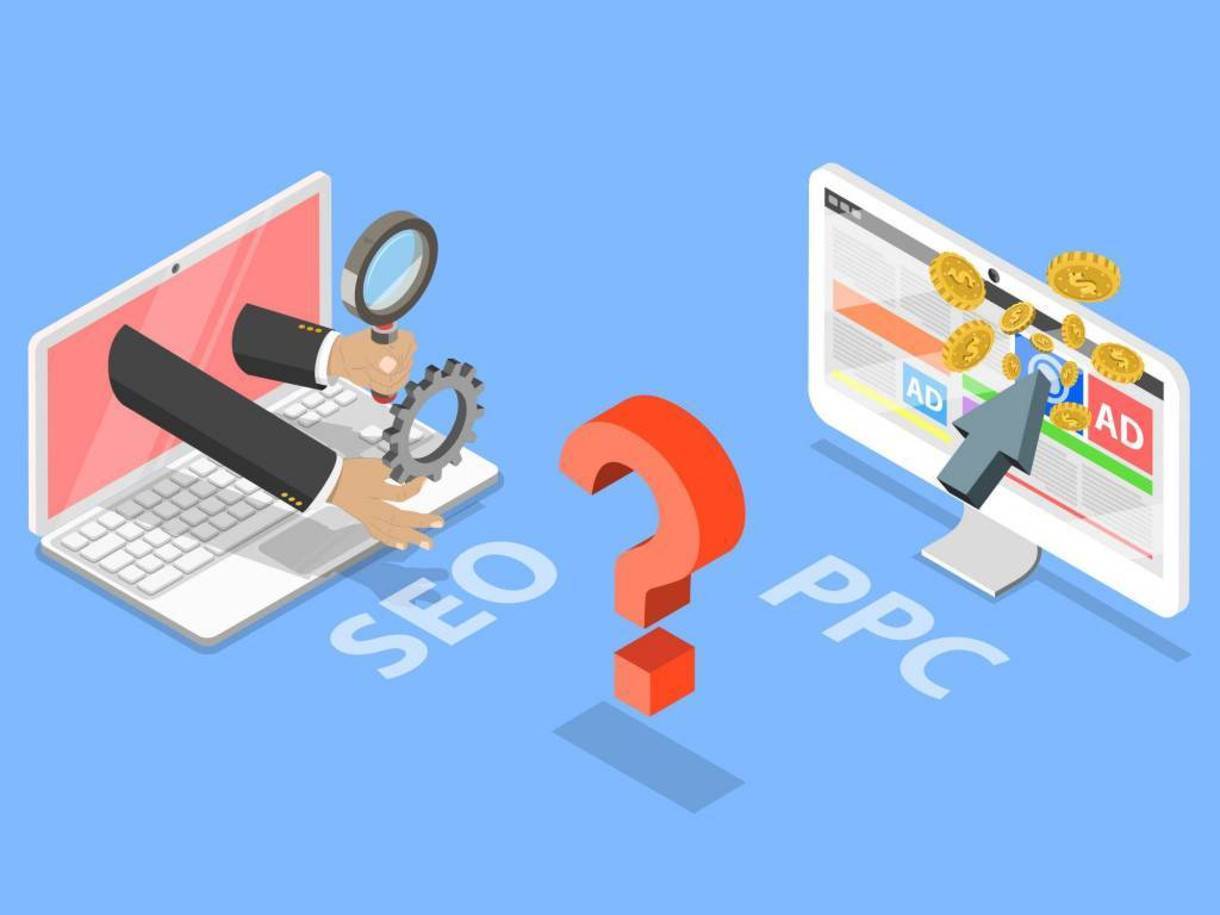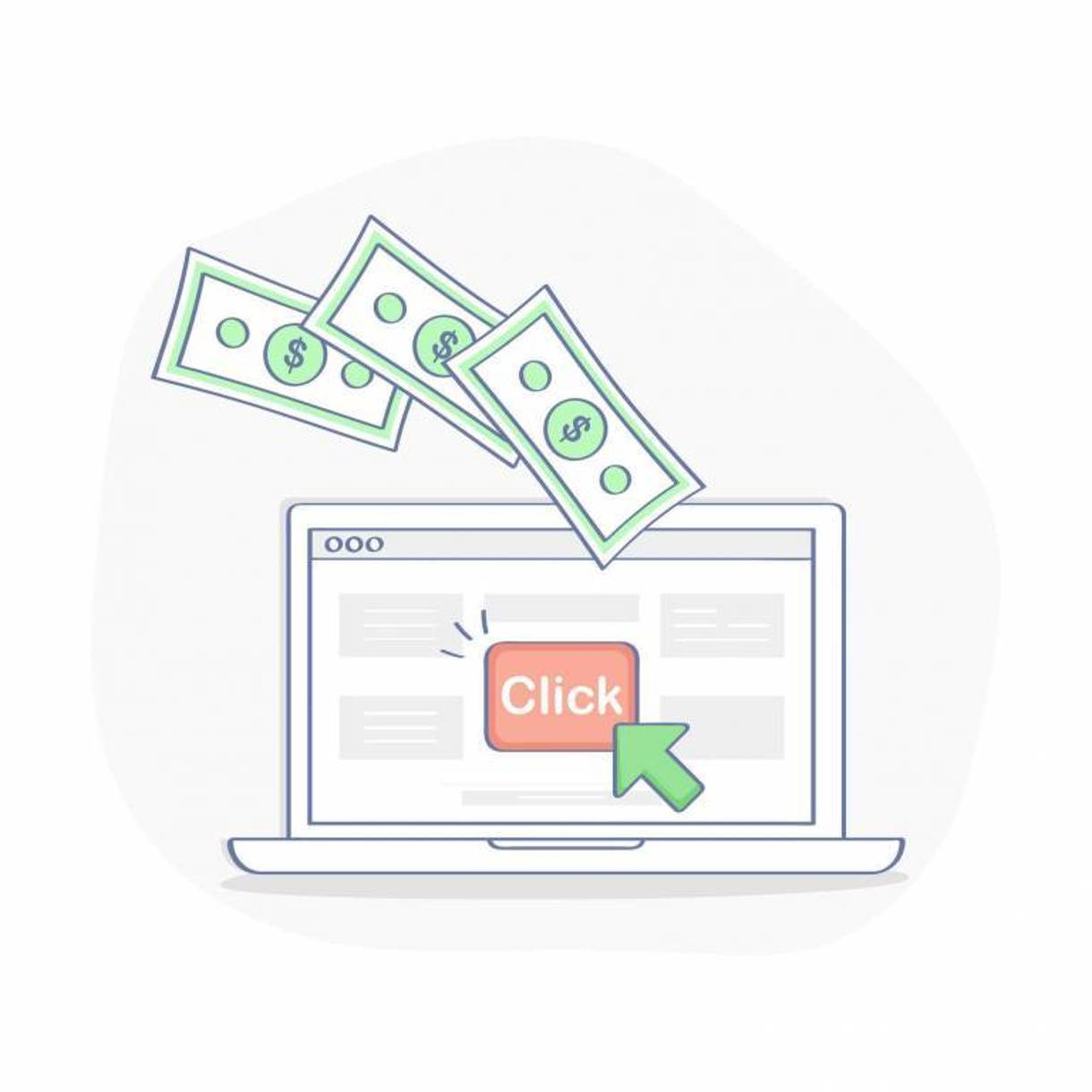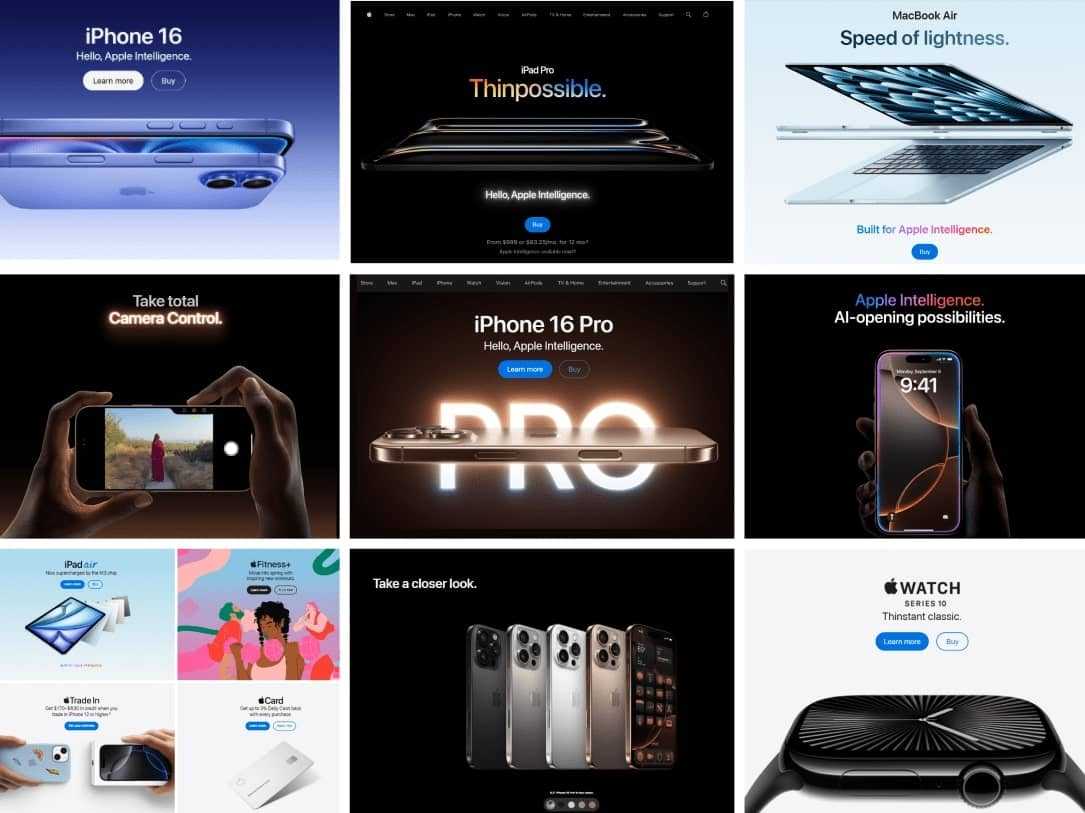

B2B Lead Generation: Comparing SEO vs. PPC
Whether you decide to pay for search traffic, or you rely on web content to organically generate leads for B2B products or services, there are important pros and cons to consider.
There’s no one-size-fits-all digital strategy for B2B lead generation, but most B2B organizations seek to generate website leads through some combination of SEO and PPC advertising. We’ve even written about how to optimize PPC ad campaigns to generate B2B leads–but what happens to those leads when you stop paying for clicks?
To consistently generate quality leads, B2B businesses must implement organic and technical SEO that helps their site content "win" more keyword queries and earn more clicks from search traffic. Since most online buyer journeys begin with search, organizations with effective SEO don't have to pay a premium or rely on ads to bring in new customers and generate leads at a more sustainable rate.
Let’s examine the different costs and benefits of SEO vs. PPC when it comes to generating leads for B2B websites:
SEO vs. PPC for B2B Lead Generation
Comparing Upfront Costs and Maintenance
For a B2B website to move potential customers through an optimized digital sales funnel, first it must persuade the right people to visit the site. Getting the right website visitors always starts with defining the audience.
Digital marketers will often begin this process by studying website analytics and combining those insights with industry research to create and build out buyer personas. This helps the marketing team focus their web content around strategic keywords that reflect how those personas are commonly discussing or searching for B2B products or services that their organization provides.
Researching buyer personas helps both SEO and PPC
While persona research and analysis is a common first step to building your organic SEO strategy, gathering that data actually forms the foundation of your PPC playbook at the same time. In other words, since the paid ads in your PPC campaigns will similarly target keywords based on your buyer personas, your research is an upfront cost of SEO that actually removes one upfront cost of building a PPC strategy.
Even though your persona research for SEO can be reused so you don't have to do double work to get PPC going, building a PPC strategy still requires even more initial work because members of the organization must first learn and/or train others to use digital ad platforms.
After that, whomever manages your PPC platform must perform constant research throughout your campaign in order to optimize bid strategies that maximize your budget so that your ads win the most possible competitive auctions for high-value search queries and placements. Not to mention PPC’s ongoing needs, including managing PPC bid caps, writing copy for new ads, and creating unique landing pages that are optimized to convert traffic from specific campaigns and keywords.
This isn't to say that SEO is all on autopilot after the research phase–it still requires regularly creating and publishing helpful, relevant, and optimized content–but the resources needed to maintain effective SEO are still nowhere near the onboarding and maintenance costs of PPC.
Read More: PPC Advertising: How B2B Companies Can Increase Lead Gen
Pay-to-Play vs. Passive Traffic Acquisition
B2B companies selling niche products often favor leads generated by paid ads because PPC campaigns can be highly targeted towards certain keywords, demographics, locations, and even certain time windows during specific days of the week. Moreover, being able to exclude less desirable audiences from campaigns helps them maintain a higher lead quality than simply displaying ads to all audiences.

PPC is pay-to-play, so getting more traffic requires more spending
However, as we all know, PPC is pay-to-play, meaning an advertising budget must be strategically allocated and spent on a regular basis in order for campaigns to actively draw potential customers to a B2B website. Even when this works, and PPC campaigns successfully bring traffic to the site, the amount spent on each click that doesn’t convert into a new sales lead is essentially wasted money.
Compare that to effective organic SEO, which helps B2B websites passively build brand authority and link equity that helps them rank organically in more of their market’s popular searches. And as the internet has allowed more B2B companies to expand and scale globally, SEO has made it easier for their websites to acquire traffic at all times of the day, from anywhere in the world.
Read More: 5 Ways B2B Companies Can Generate Leads Through Organic Search
Opening Digital Doors with Technical SEO
True SEO encompasses far more than just incorporating good keywords in website copy. Beyond optimizing website content at the page level, implementing technical SEO at the code level also makes it easier for search engine algorithms to find, understand, and recommend content on B2B websites.
Technical SEO is achieved through a combination of page performance optimization, internal link structure, structured data markup, and web accessibility. Making a website digitally accessible to users browsing with assistive technologies is particularly important for any business operating online–not just because web accessibility is a legal requirement in most countries, but also because inaccessible websites are excluding an entire segment of potential customers.

Adding web accessibility features such as helpful code structure, descriptive metadata, alternative content, hidden navigation links, and compatibility with screen readers makes B2B websites accessible to wider (and often underserved) audiences with a massive amount of buying power, opening untapped markets and creating new opportunities for growth.
Bottom Line: SEO Delivers More Sustainable Lead Gen
Ultimately, a B2B organization will have reasons for choosing SEO vs. PPC as their primary strategy for generating leads through the website. However, we believe there is strong evidence that focusing on SEO will help B2B companies sustain more long-term lead generation that leads to more ongoing growth.
At DBS, we specialize in helping B2B organizations leverage their website, marketing, and SEO for stronger lead generation and digital growth. Think your website could be working harder for your business? Let’s talk.




